-
Nexunom
Marketing firm providing different services and products.
-
Allintitle
Premium keyword research tool and long-tail keywords finder.
-
Review Tool
Review management tool used by local businesses to get more reviews.
-
Tavata
Two-way text-based website chat widget with Pay-Per-Text payment structure.
Google Ranking Factors
There is so much that goes in to a good SEO program. Good rankings are the results of careful work, attention to detail, and dedication. Google uses a variety of factors to determine which results will offer the most helpful answer to a search query. The algorithm change frequently because Google wants to constantly be providing the best information possible, and to prevent black hat SEO techniques. Google has to identify the user’s search intent in order to provide the information that will best match the user’s search. There are four main types of queries
- Know queries, where the user wants specific information on a topic
- Do queries, where the user wants to take an action
- Website queries, where the user wants a specific site
- Visit queries, where the user wants a physical address
So, Google’s algorithms must interpret what the user’s intent was, and then offer the most helpful answer. Likewise, if you know what your customer may want, you can help tailor your SEO strategy to ensure your content matches the intent of your customer.
SEO experts compile ranking factors frequently, and there is currently a list of more than 200 factors that these experts believe Google uses to help rank sites. So let’s take a look at some of the most important ones.
Content
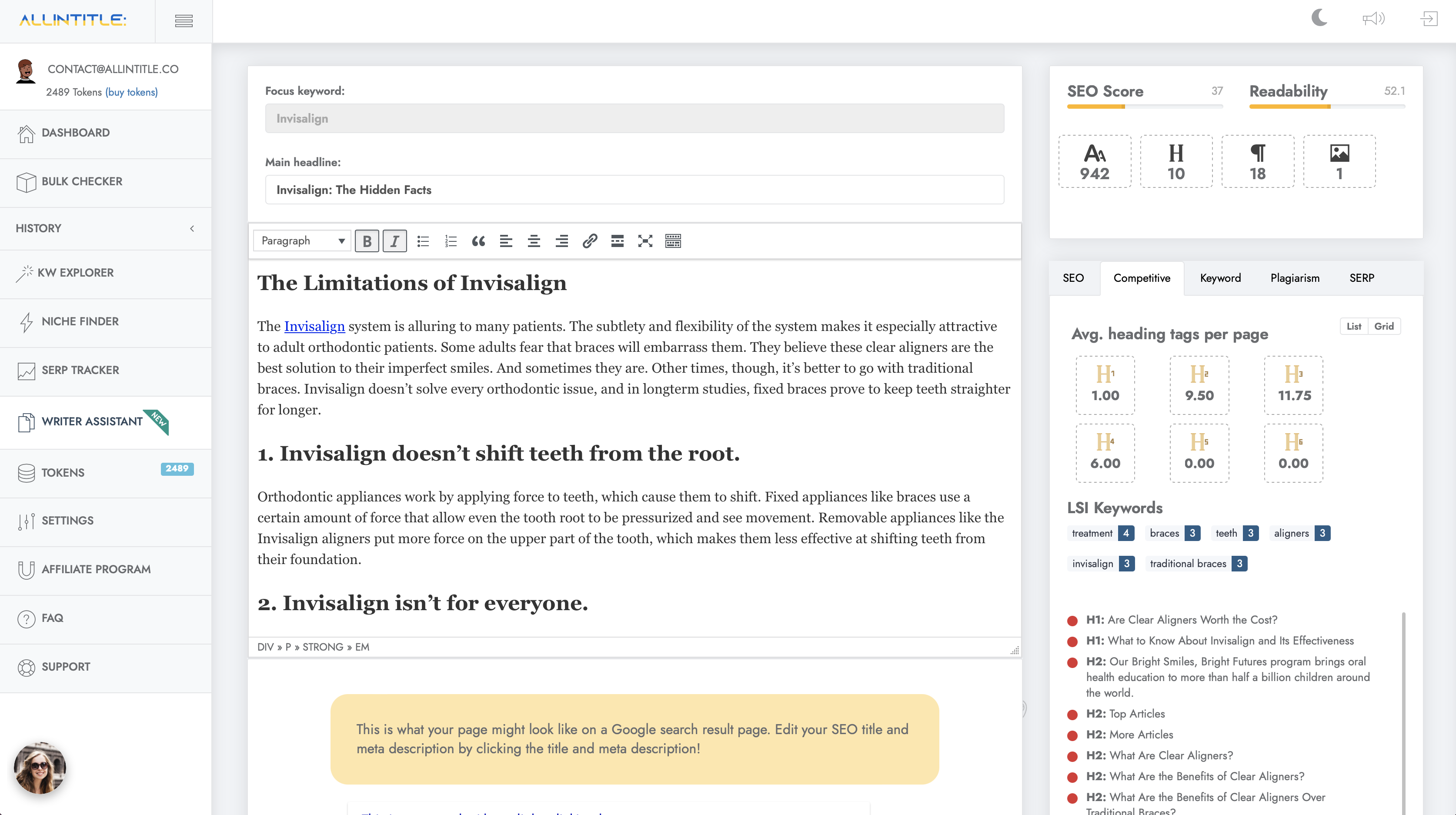
We will continue to say this over and over again - without great content, you don’t stand a chance at ranking well. Google will reward content that is helpful and relevant to users. Google’s job is to give search engine users the information they are looking for, and if your content can’t deliver, it won’t rank well.
Keywords Usage
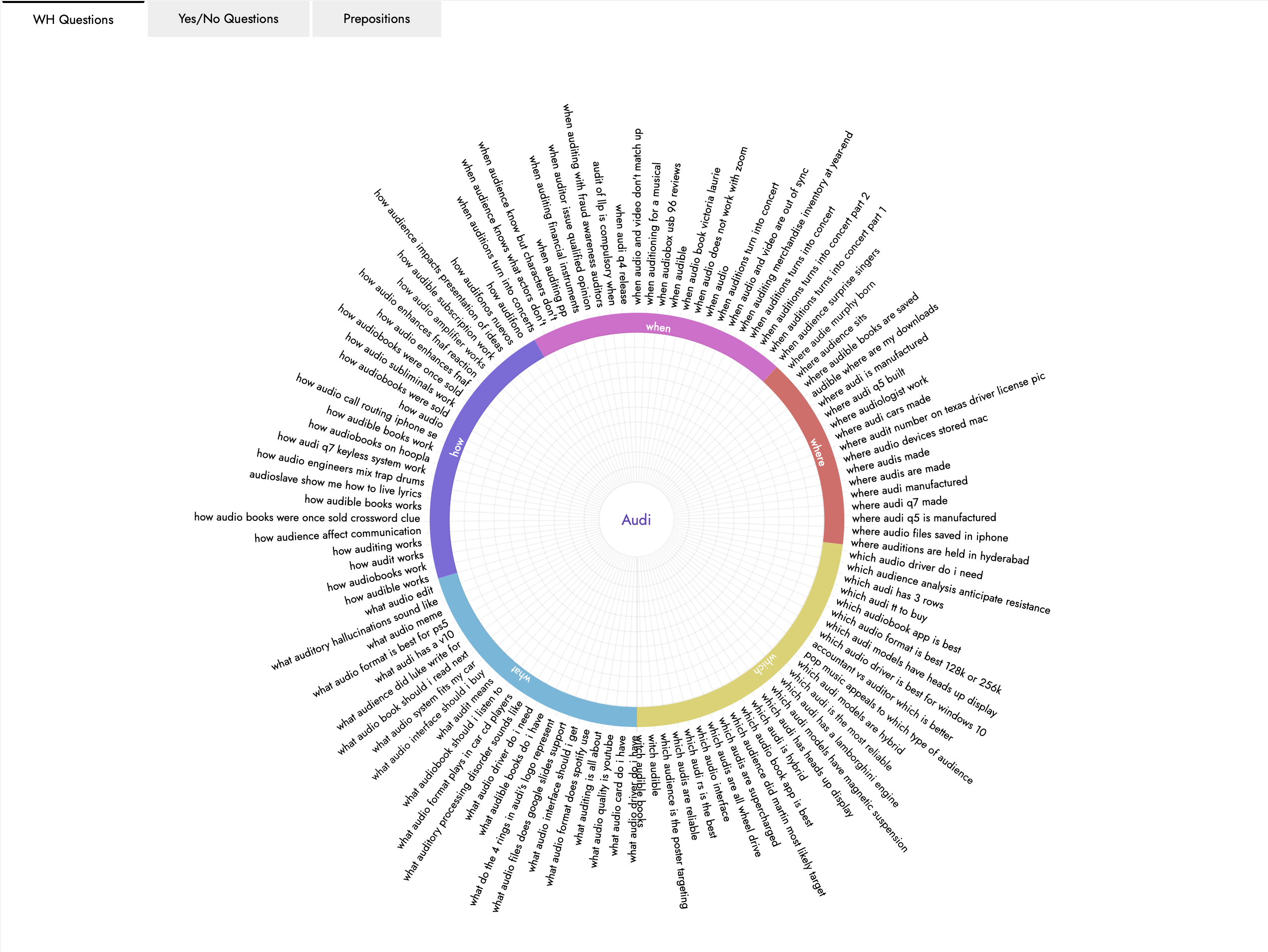
Keyword stuffing is a common mistake made in the SEO world. You want those keywords found in your content, but they must flow naturally and actually make sense in their use. Create good content that uses the correct keywords in the correct way, and Google will notice.
Optimized Images
You want to use the right mix of images and content on your site, but if your images aren’t optimized, Google doesn’t know what to do with them. Be sure the files are the correct size so the page will load quickly, use a descriptive name that includes your keyword, use an alt tag to help the search engine be able to interpret the image, and use a title and caption to provide a better user experience.
On-page optimization
This refers to everything that can be done directly within the site in order to improve rankings. The use of meta descriptions and title tags, proper URL structure, and properly laid out pages with relevant content are all examples of on-page optimization.
Backlinks
Backlinks that are authoritative. Backlinks to trusted sites can help build your authority and show Google that your site is trustworthy. Social shares can also help here.
Mobile Friendliness
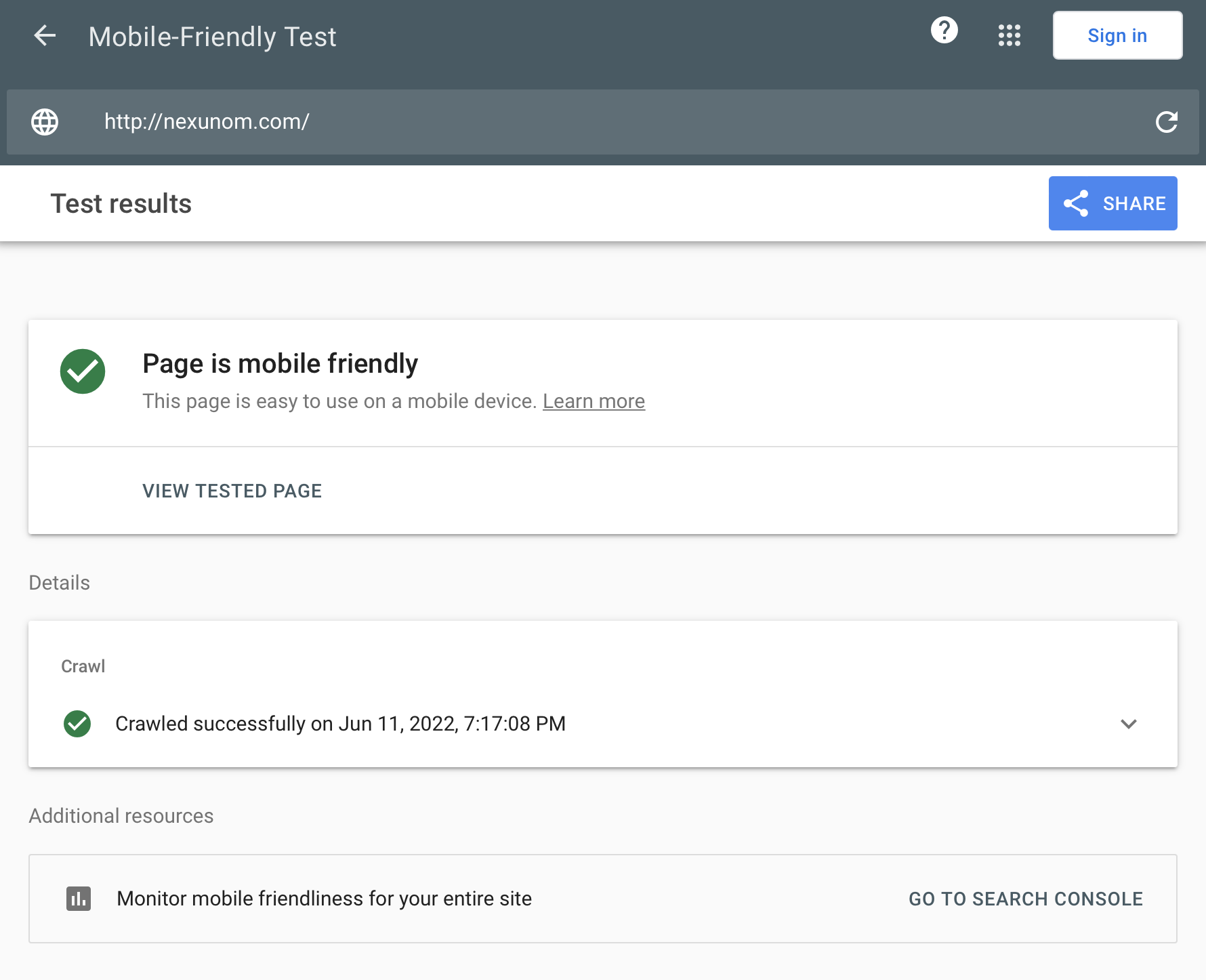
If your site isn’t optimized for mobile use, you can forget about good rankings. Google’s mobile first indexing shows how important a user friendly mobile site is - so much so that Google will go to your mobile site for indexing first. Adapt your site for mobile with the user experience in mind.
Load-time and speed optimization
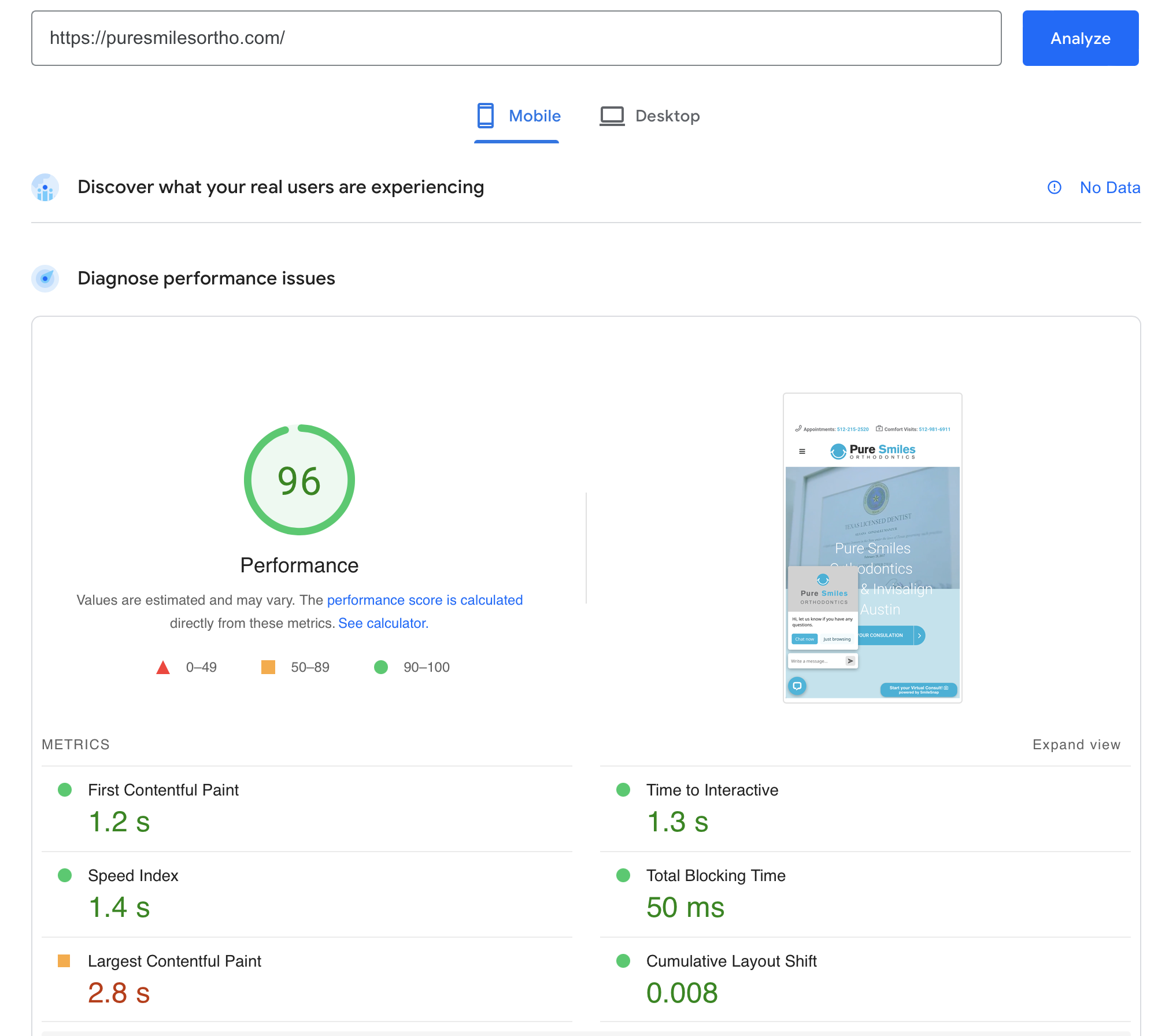
We know that search engine users are looking for answers, and they want those answers quickly. The longer it takes your page to load, the more likely a user is to leave your site. Blue Corona tells us that if it takes up to three seconds for your site to load, the probability of a user bouncing from your site increased to 32%. If it takes 5 seconds, that number goes up to 90%.
Security (SSL Certificate)
Google has confirmed that encryption is a ranking factor. Google needs to ensure that they sites it sends users to are secure and won’t pose a security risk to the user once on the site. As hacking continues to be an ever present threat to online security, take this necessary steps to encrypt your site.
Shema Markup
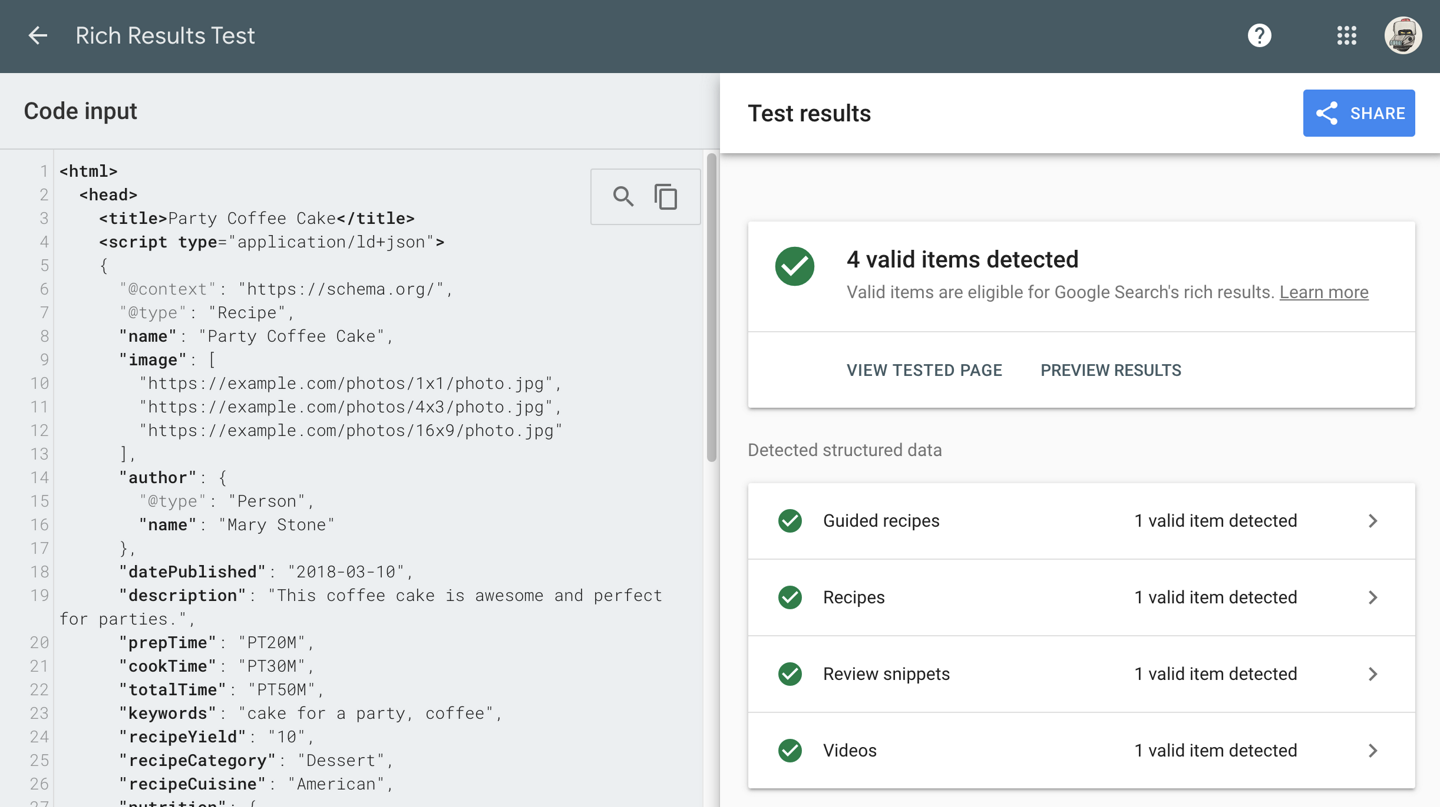
Schema markup creates structured data to allow for the search engines to interpret the content on your site. It may not seem important, but it can help ensure the search engines know exactly what they are looking at when they are on your site.



